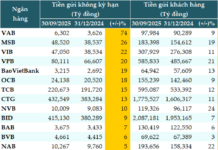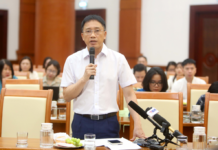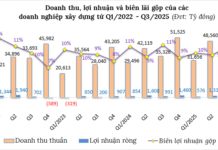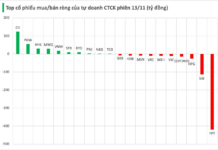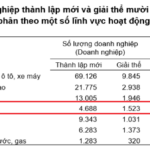The reporter of Người Lao Động newspaper had a discussion with lawyer Nguyen Van Hau, Vice Chairman of the Ho Chi Minh City Lawyers Association, about the dispute between residents and the management board (MB), and the condominium management board (CMC).
. Reporter: Lawyer, many MBs and CMCs nowadays do not publicly disclose the revenues and expenses; they even falsely raise funds to implement or not implement some items in the CMC. How do you evaluate this situation?
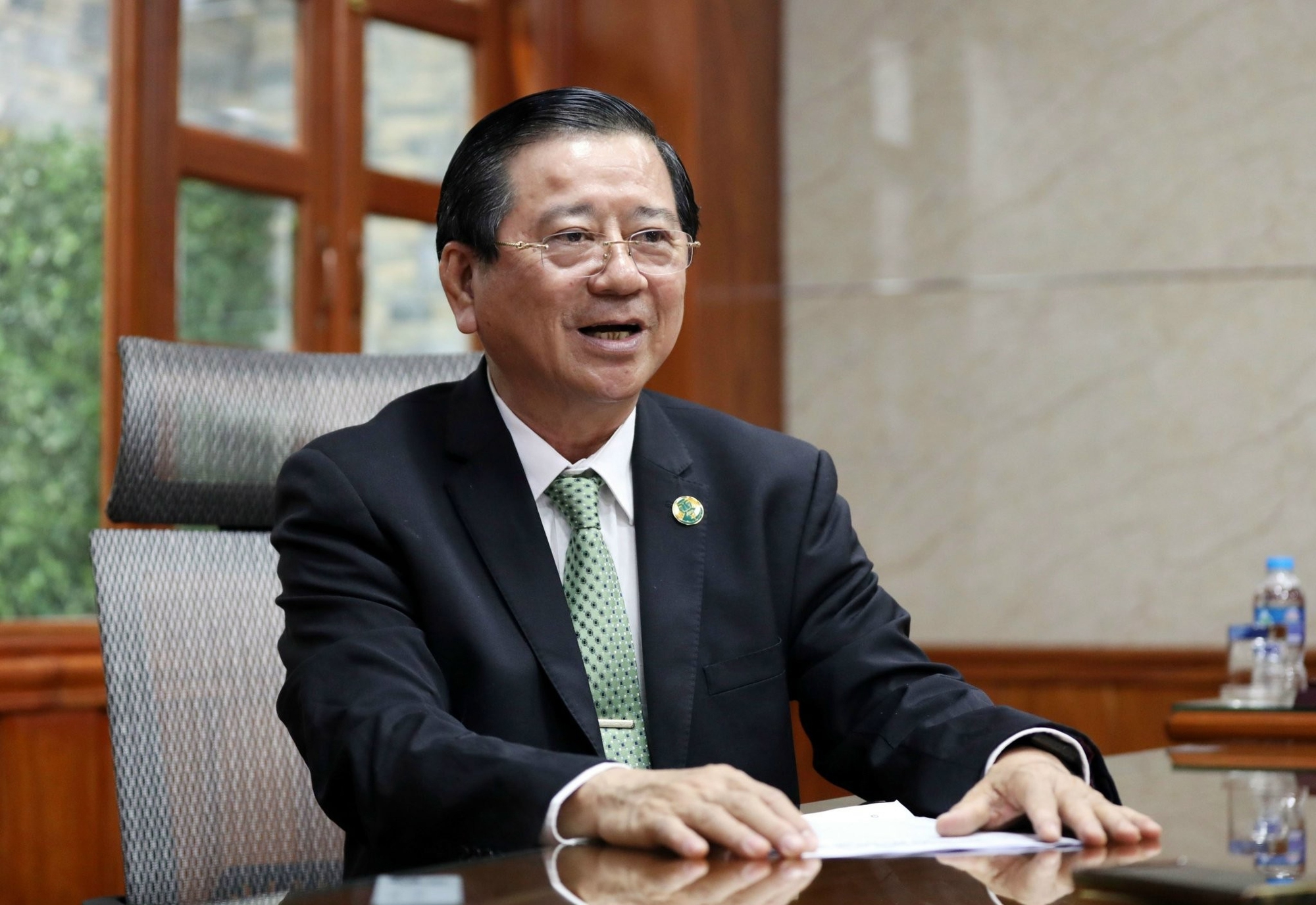
Lawyer NGUYEN VAN HAU
– Lawyer NGUYEN VAN HAU: It can be said that the situation of MBs and CMCs exhibits abuse of power, lack of transparency in revenues and expenses, and taking advantage of the selection of managing contractors to receive commissions is very common. The reason is that the current legal regulations governing these issues still have many loopholes, leading to negative behaviors and violations of the law.
According to Article 44 of the Regulation on Management and Use of CMC, prescribed in Circular 02/2016/TT-BXD dated February 15, 2016, in case the MB of the CMC decides not in accordance with the operating regulations, financial revenue and expenditure regulations, these decisions will not be recognized. MBs and members who violate the regulations on CMC management and use, as well as these regulations, will be exempted or replaced, depending on the severity of the violation, in accordance with the provisions of these regulations, and will be subject to administrative penalties or criminal liability enforcement. In addition, if there are violations that cause damage, compensation must be made. According to Decree 16/2022/NĐ-CP, improper management and use of management and operation funds will be fined from VND 80 million to VND 100 million. Violations related to the use of funds for the maintenance of common ownership will be fined from VND 100 million to VND 120 million for making independent decisions on the prices of management services and operation of the CMC without reporting to the CMC conference.
. Regarding the situation of “doubling” as a member of the MB in more than 2-3 CMCs, is this legal?
– According to the current legal regulations, there are no specific provisions, nor is it prohibited by law for a person to be a member of more than 2-3 CMCs at the same time.
For the situation of “doubling” as a member of the MB, although there are no specific provisions, if individuals want to “double” as members, they still have to meet the requirements of the MB members specified in Circular 28/2016/TT-BXD, Circular 06/2019/TT-BXD and must be approved by the CMC conference. Therefore, when meeting the conditions and being approved by the CMC conference, this member is still considered valid.
. Are there any sanctions for those who can prove the motive of profiteering?
– If the MBs and members of the MB violate the regulations on CMC management and use, they will be exempted or replaced, and will be subject to administrative penalties (according to Decree 16/2022/NĐ-CP) or criminal liability enforcement. Individual acts of profiteering that meet the elements of a crime may be subject to crimes of “Embezzlement of property”, “Accepting bribes” (Criminal Law 2015, amended 2017): imprisonment from 2 to 20 years, life imprisonment or capital punishment; in addition, the offender is also prohibited from holding certain positions for 1-5 years, fined from VND 30 million to VND 100 million, and part or all of their assets may be confiscated.
Although the legal system on housing has initially created a legal corridor to regulate the management and use of CMCs, there are still inadequacies and inconsistencies at the present time. Therefore, it is necessary to continue improving the legal framework and making it consistent with other legal documents in the system. In addition, residents in the CMC need to enhance supervision; proactively propose organizing unusual CMC conferences when detecting irregularities; lodge complaints and denunciations to competent authorities… to have mechanisms to timely prevent the violations of MB members.

. According to the lawyer, how should residents behave when there is a dispute with the MB and CMC?
– Disputes over CMC ownership rights are resolved through negotiation, reconciliation according to the provisions of the housing law; in case negotiation and reconciliation are unsuccessful, it is required to request the People’s Court to resolve according to the provisions of the law. Disputes related to the management and operation funds, the maintenance of common ownership of the CMCs will be resolved by the provincial People’s Committee where that CMC is located. If you disagree with the decision of the provincial People’s Committee, residents can request the People’s Court to resolve. Disputes between the MB and the owners, users of the CMCs regarding the election, dismissal, exemption, replacement of MB members will be resolved through negotiation; if negotiation fails, a CMC conference should be convened to resolve the issue.
. To prevent the activities of CMCs from becoming a hotspot, what steps need to be taken to closely monitor the activities of the CMCs?
– The management capacity of the MB is considered a key factor in CMC management and use activities as it directly affects the living quality of residents. Therefore, first and foremost, it is necessary to improve the qualifications and quality of MB members to ensure the interests of residents. This can be done through documents and legal regulations that directly regulate the activities of the MB; specify specific regulations and mechanisms for eliminating members who do not meet the professional requirements and have inappropriate behaviors. In addition, it is necessary to enhance the management and supervision of residents towards financial transactions, revenues, expenditures, and the use of the CMC maintenance fund by establishing an independent monitoring board separate from the MB and CMC. In this regard, empowering the monitoring board to monitor changes in transactions, revenues, expenditures; participate in the selection of contractors, management units, and service providers for the CMC.







